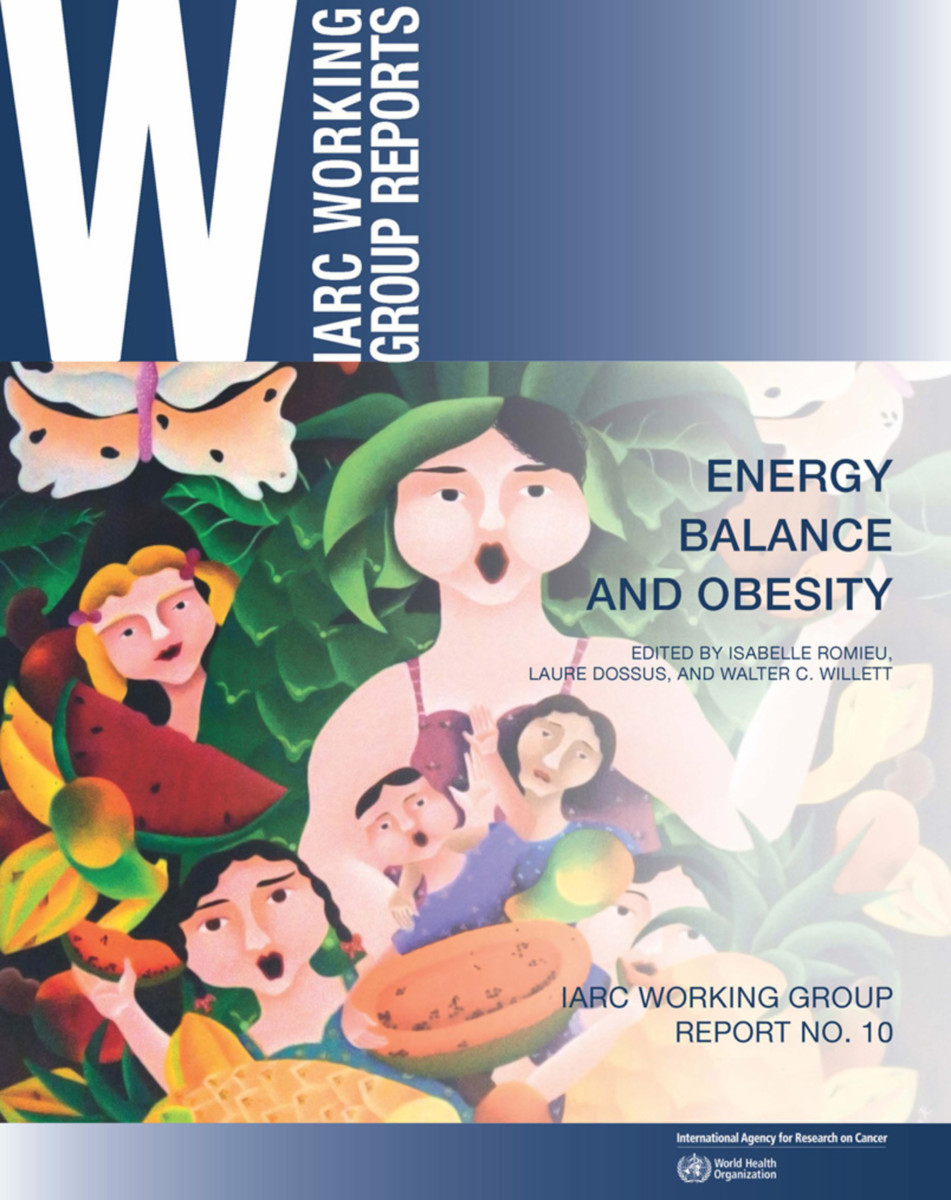- Publisher
World Health Organization - Published
12th January 2018 - ISBN 9789283225195
- Language English
- Pages 119 pp.
- Size 8.25" x 10.25"
Understanding the relationship between energy balance and obesity is essential to develop effective prevention programs and policies.
The International Agency for Research on Cancer convened a Working Group of world-leading experts in December 2015 to review the evidence regarding energy balance and obesity, with a focus on low- and middle-income countries, and to consider the following scientific questions:
(i) Are the drivers of the obesity epidemic related only to energy excess and/or do specific foods or nutrients play a major role in this epidemic?
(ii) What are the factors that modulate these associations?
(iii) Which types of data and/or studies will further improve our understanding?
This book provides summaries of the evidence from the literature as well as the Working Group's conclusions and recommendations to tackle the global epidemic of obesity.
Foreword and Acknowledgements
Working Group members
Executive summary
Abbreviations
1. Global trends in overweight and obesity
2. The double burden of malnutrition in low- and middle-income countries
3. Can energy intake and expenditure (energy balance) be measured accurately in epidemiological studies? Is this important?
4. How are components of dietary intake, dietary composition, foods, and nutrients related to obesity and weight gain?
5. How are overall energy intake and expenditure related to obesity?
6. Physical activity, sedentary behaviour, and obesity
7. What existing epidemiological data could serve to better understand the relationship of energy intake and expenditure to obesity and the obesity epidemic?
8. Cultural determinants of obesity in low- and middle-income countries in the Eastern Mediterranean Region
9. Potential mechanisms in childhood obesity: causes and prevention
10. The interplay of genes, lifestyle, and obesity
11. The gut microbiota and obesity
12. Molecular and metabolic mechanisms underlying the obesity-cancer link
13. What steps should be recommended and implemented to prevent and control the obesity epidemic?
14. Which new data are needed to explore the relationships of diet and dietary patterns to obesity and weight gain?
Disclosures of interests


